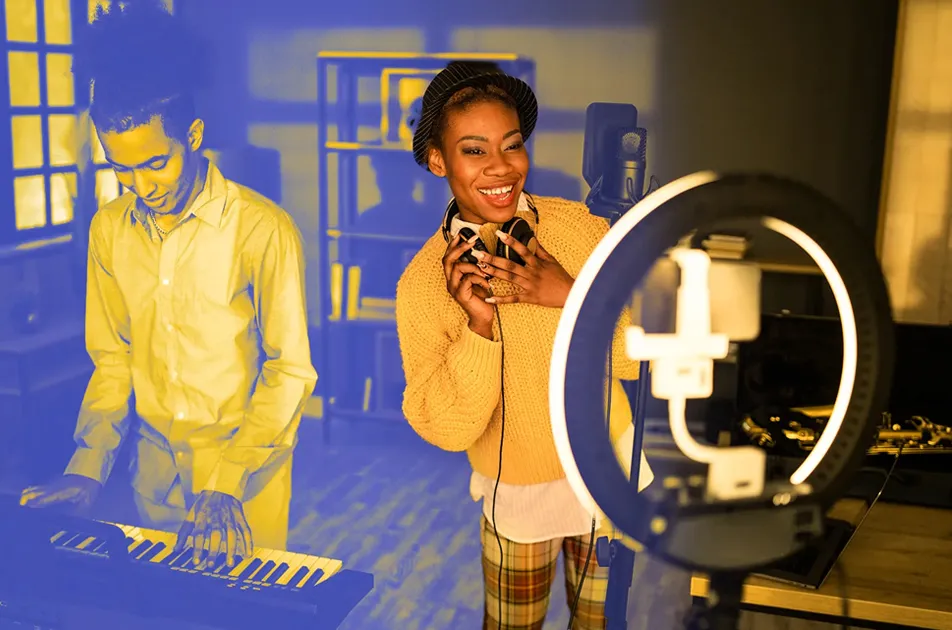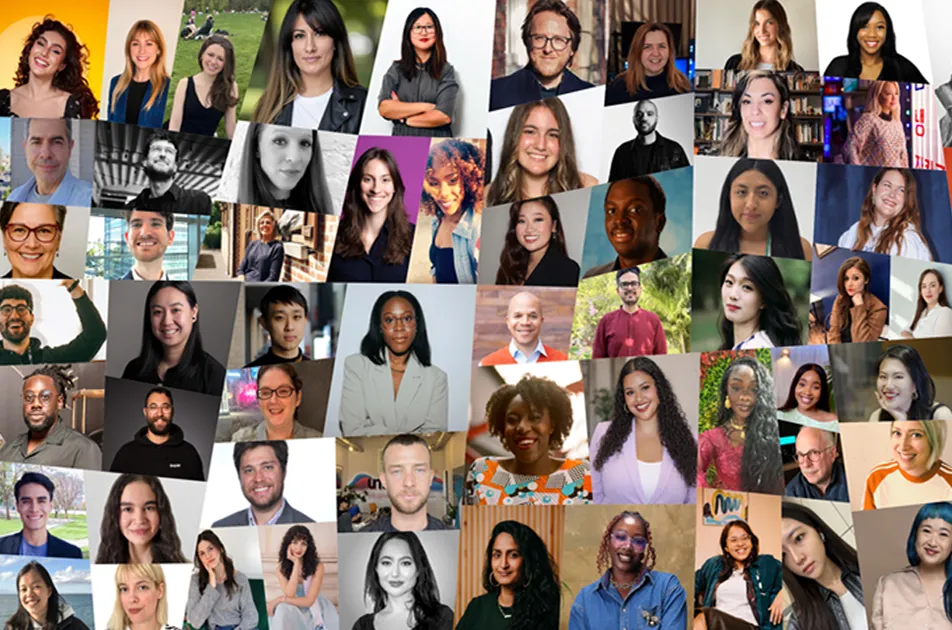Guest post by Tyler Hayes, founder of Liisten.com, an independent music discovery site.
Liisten: What do you think of renting (spotify) music vs. owning and buying music?
RYAN: I feel like the biggest challenge as an independent musician is getting new ears to hear your music. Although it is a very sad fact that music has so little monetary value nowadays – I feel like Spotify, iTunes, Pandora, etc. are all excellent tools that make music more and more accessible to people. Doesn't matter if it's pay or rent to me.
Music sales are obviously welcomed and are very helpful to any artist, however access to new listeners is king. The reality of music being instantaneously available anywhere in the world, label or no label, is an incredible and overwhelming thing… incredible because it enables anyone with a guitar and a computer to distribute their art worldwide without a label. Overwhelming because it creates the challenge of earning people's attention when their music collections are already so overpopulated. In spite of the overflow of music, I think it's great that there are tools that help listeners discover new music based on tastes and what friends are listening to, etc… There have never been stronger tools in that regard as there are today.
Liisten: Thoughts on music piracy? Do you ever look to see how and where your music is being pirated?
RYAN: Similar to my last answer – although it's not at all ideal that to some people choose to "steal" music rather than gain access to it legally, it still makes me glad that new folk's are listening to my music. I've noticed over the last couple years that within 24 hours of Sleeping At Last releasing new music, it will pop up in google searches as pirated download links. One click and the record starts downloading. Crazy how fast things get distributed illegally now, and it's definitely a bit of a bummer.. but I like to believe that the majority of music listeners are well-versed in the right and wrong's of downloading music illegally and choose to access music through popular and legal options (ie. Spotify, Pandora, iTunes, etc) Honestly, Spotify is a huge help in this department – It gives instant access to an enormous selection of music, and although artists don't get much money from it, it probably nets people that used to just downloaded it entirely free and illegally anyway.
Liisten: It seems you've just fine independently. Would you ever recommend any bands go the label route or actively advise against it?
RYAN: I've been extraordinarily lucky in that my independence equalled really great opportunities and a continually growing listener-base. My manager, Kim deserves the credit for pioneering the decision to move forward independently after our time with Interscope Records. She also helped us make great foundational decisions early on, which lead to a really great and productive many independent years. So for us, choosing to be without a label has been a truly great thing. I definitely have many friends who are doing great things in partnerships with record labels too, so it's just a matter of what you're looking for. For SAL, a project like "Yearbook," which did really good things for us, would probably not have been supported, or maybe even possible, through a label. So the ability to explore ideas and challenge things a bit, has been really wonderful. But that's not to say great things can't be accomplished with a great label. I think it all comes down to the team you're working with.
Liisten: What do you think of the pay-what-you-want model?
RYAN: I think it's certainly interesting. Radiohead did a great job with making this pay-what-you-want idea widespread. Again, it's another new idea that challenges the norm, which I think is great and totally necessary. NoiseTrade is a really good example of challenging how listeners consume and discover music – per download, NoiseTrade collects 1 email address for the band, gives plenty of share options for listeners to tell friends and then offers a pay-what-you-want option at the end to "tip" the band. In that scenario, the band gains something every time, which is fantastic.
Liisten: Thoughts on Kickstarter funded music? Is this a sustainable model that will be around 5 or 10 years from now?
RYAN: I've seen really great, thoughtful and successful album campaigns come out of Kickstarter, but I've also seen bands not using it to its potential. I think Kickstarter can be a huge asset in obviously funding a record independently, but more importantly in creating a relationship between the band and its supporters… by welcoming listeners into the process. So when Kickstarter is being used well, I think it is really wonderful and effective. Will it be around 5-10 years from now? I'm not sure! The idea is great and I feel like similar concepts will be used for sure, but unfortunately the lifespan of technology is often so short, so it will depend entirely on how adaptable Kickstarter the brand is as the future unfolds.
More: Sleepingatlast.com
Sleeping At Last was recently featured on Grey's Anatomy.




